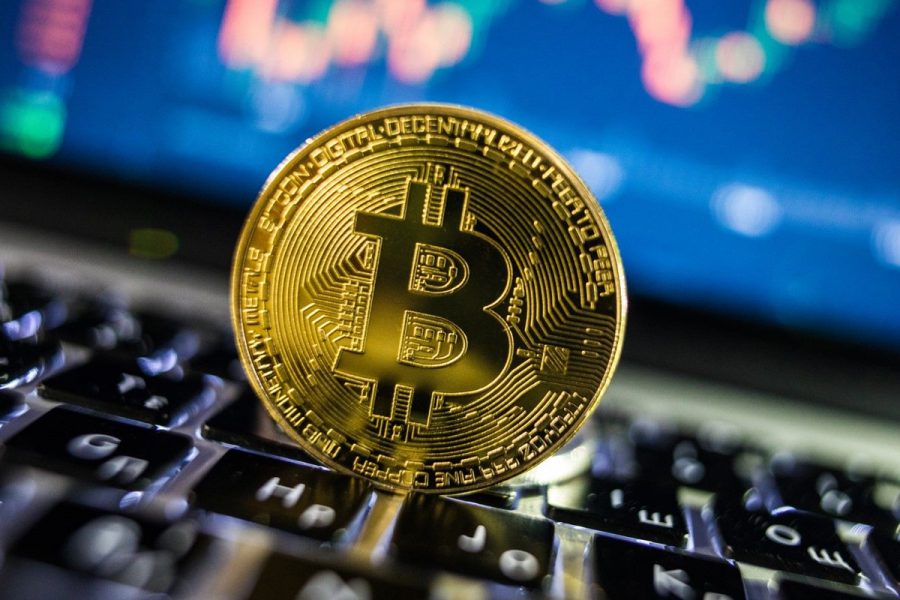Brazilian Senate approves cryptocurrency law

The proposal, which provides regulations for the provision of virtual asset services, now goes back to the Chamber of Deputies.
Brazil.- While Brazil’s Gaming Regulatory Framework has yet to advance, there has been progress in the area of cryptocurrencies. The Brazilian senate has passed a so-called bitcoin law on the regulation of the national cryptocurrency market. The text now returns for the analysis and approval of the Chamber of Deputies.
Bill PL 4.401/2021 presented by senator Irajá provides regulations for the “provision of virtual asset services” and regulates companies’ operations. It incorporates ideas from other projects on the same topic: PL 3.825/2019 from senator Flávio Arns (Podemos-PR); PL 3.949/2019 from senator Styvenson Valentim (Podes-RN); and PL 4.207/2020, from senator Soraya Thronicke (União-MS). The original text was authored by federal deputy Aureo Ribeiro (Solidarity-RJ).
Under the bill, virtual asset service providers must obtain prior authorisation “from a dependency or entity of the Federal Public Administration.” Such authorisation may be granted through a simplified procedure.
Irajá (PSD-TO) noted that crypto assets moved $R215,000m (USD43,068m) in shares alone in 2021, apart from its use as a means of payment, which grew 6 per cent in the last year.
See also: Chancellor aims to make UK a “global hub for cryptoassets technology”
The bill will not apply to NFTs (non-fungible tokens), which Irajá said could be regulated by the executive in a subsequent act.
Virtual assets
According to the approved text, a virtual asset is “the digital representation of a value that can be negotiated or transferred by electronic means and used to make payments or for investment purposes”, with the exception of traditional national currencies and assets already regulated by law. The Executive Branch must designate a dependency of the Federal Public Administration to define which financial assets will be regulated by the future law.
Guidelines
Virtual assets service providers must follow certain guidelines, such as the obligation to control and keep the client’s resources segregated. It must also adopt good governance practices, transparency in operations and a risk-based approach; information security and protection of personal data; protection and defense of consumers and users; protection of popular savings; robustness and efficiency of operations.
In addition, services must prevent money laundering, the concealment of assets, rights and values, combat the activities of criminal organisations, the financing of terrorism and the financing of the proliferation of weapons of mass destruction, in line with international standards.
Providers
The virtual asset service provider is defined as “the legal entity that performs, on behalf of third parties, at least one virtual asset services”, which can be:
- Exchange between virtual assets and national or foreign currency;
- Exchange between one or more virtual assets;
- Transfer of virtual assets;
- Custody or administration of virtual assets or instruments that allow control over virtual assets; either
- Participation in financial services and provision of services related to the offer by an issuer or sale of virtual assets.
- Other types of services may be authorised if they are directly or indirectly related to the activity of the virtual asset service provider.
See also: ICE London 2022 concludes today with a successful balance
The Executive Branch will also indicate which body will regulate the operation and supervision of the virtual asset service provider. Providers that already exist will be entitled to at least six months to adapt to the new rules and will be able to continue operating during this adaptation process.
Fraud
The approved text reforms the Penal Code to add “fraud in the provision of services of virtual goods, securities or any financial asset.” This implies “organising, managing, offering portfolios or intermediating operations on virtual goods, securities or any financial asset”, in order to obtain an “illicit advantage, to the detriment of others, induce or keep someone in error, through artifice, trickery or any other fraudulent means.”
See also: Uplatform’s view on trends in the casino industry
The penalty will be from two to six years in prison plus a fine. “The penalty initially provided for in the replacement was prison, from four to eight years, and a fine. At the proposal of President Rodrigo Pacheco, which I accept as a complement to the vote, we will adapt it by establishing a term of two to six years in prison plus a fine. It is a reasonable, feasible proposal, and that, as rapporteur, I welcome the complementation of the vote”, said Irajá after a suggestion from the president of the Senate.
Virtual asset service providers shall keep financial resource assets and virtual assets separate from the respective property endorsements for customers. The approved text also includes in the Money Laundering Prevention Law a list of public authorities obliged to disclose their financial operations with crypto assets.
According to the text, the cryptocurrency market will also be subject to the Consumer Protection Code, as appropriate.









